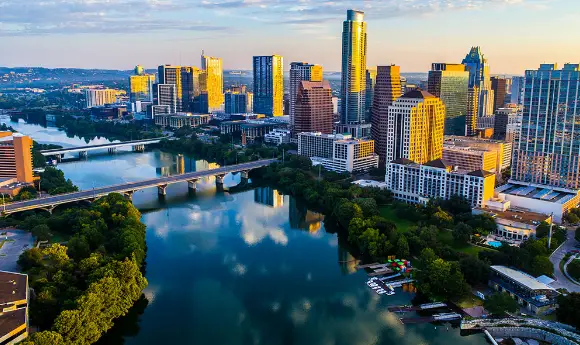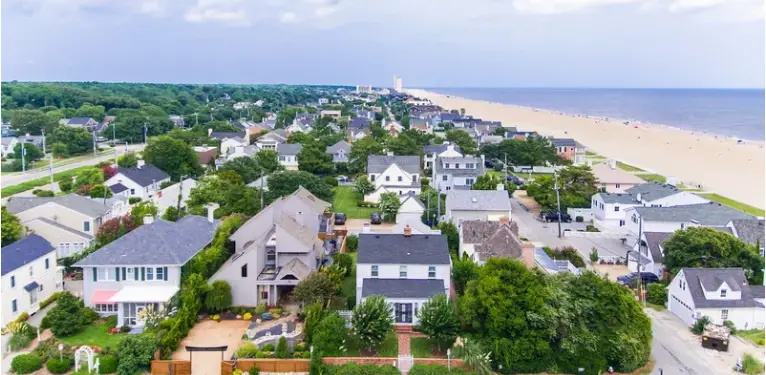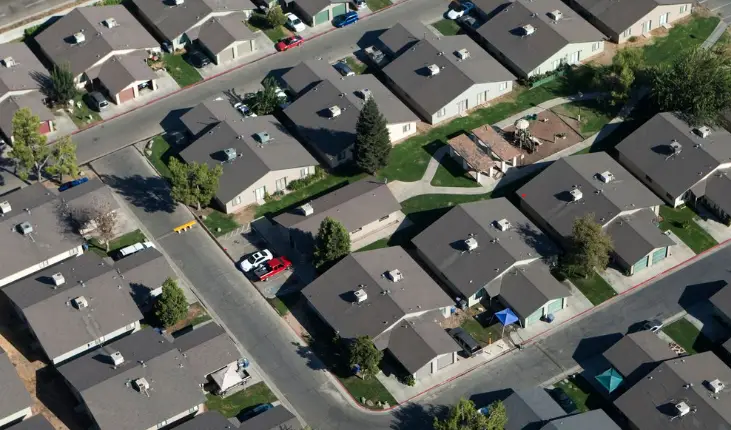Does it snow in jacksonville florida?
No, it does not snow in Jacksonville, Florida. Jacksonville is located in the northeastern part of Florida and has a humid subtropical climate. The city experiences hot, humid summers and mild, dry winters. Snow is a rare occurrence in Jacksonville and the last time it snowed was in 1989.
Has Jacksonville FL ever had snow?
Yes, Jacksonville FL has had snow before. The most recent instance of snowfall in Jacksonville was on January 3, 2018, when a cold snap brought snow and ice to much of the southeastern United States. Prior to that, the last time Jacksonville saw snow was on December 23, 1989.
What is winter like in Jacksonville FL?
Winter in Jacksonville, FL is relatively mild compared to other parts of the country. The average high temperature in December is 71 degrees, and the average low is 50 degrees. January and February are typically the coldest months, with average highs in the low 60s and lows in the mid-40s. Snow is rare in Jacksonville, but it does happen on occasion. The last time Jacksonville saw significant snowfall was in 1989, when 6-8 inches fell.
When was last time it snowed in Florida?
The last time it snowed in Florida was on January 19, 1977. It was a record-setting cold day, with the temperature dipping to -2 degrees Fahrenheit in Tallahassee. The snowfall was also widespread, with reports of snowfall in nearly every county in the state.
Do any parts of Florida get snow?
Yes, snow does fall in some parts of Florida. The northernmost parts of the state, such as Tallahassee, may see snowfall a few times each winter. However, snow is much more rare in central and southern Florida. In these parts of the state, snow may only fall once every few years. When it does snow in Florida, it usually melts quickly because of the warm temperatures.
When was last freeze in Jacksonville FL?
The last freeze in Jacksonville, Florida was on January 19, 2018. Temperatures dropped to 28 degrees Fahrenheit that morning, breaking the previous record low for the date of 29 degrees, set in 1981. This was the first time Jacksonville had experienced a freeze since December 2010. While freezes are not uncommon in Florida, they are usually confined to the northern part of the state. This particular freeze was unusual because it extended as far south as Jacksonville. The last time Jacksonville saw temperatures this low was in February 1899, when the mercury dipped to 26 degrees. Freezes can cause damage to crops and other sensitive plants, so farmers and gardeners were busy preparing for the cold snap in the days leading up to it. Some people took the opportunity to go sledding or build snowmen, while others simply stayed indoors to stay warm.
Does it snow in Miami?
No, it does not snow in Miami. Miami is located in the southernmost part of the continental United States, and as such, it is very rare for snow to fall in the city. The last time it snowed in Miami was on January 19, 1977, when a very small amount of snow fell in the city.
Does Jacksonville get hot?
Jacksonville does get hot, especially in the summer months. The average high temperature in July is 92 degrees, and the average low is 74 degrees. However, it can get much hotter than that. The record high temperature is 103 degrees, and the record low is 60 degrees. Jacksonville is also quite humid, with an average relative humidity of 77%.
Can you swim in Jacksonville in December?
Yes, you can swim in Jacksonville in December. The average temperature in December is 67 degrees, which is warm enough to swim. However, there are a few things to keep in mind. First, the water temperature will be cooler than the air temperature, so you may want to wear a wetsuit or swim in a heated pool. Second, the days are shorter in December, so you’ll need to plan your swims around the daylight hours. Finally, Jacksonville is located in the northern hemisphere, so the weather can be unpredictable. You may experience a cold front that brings cooler temperatures and strong winds.
Is Jacksonville FL good place to live?
There are many factors to consider when deciding if Jacksonville is a good place to live. The cost of living and housing market are important, as is the quality of schools, crime rates, and job opportunities. Overall, Jacksonville is a good place to live. The cost of living is relatively low, and there are plenty of job opportunities. The housing market is affordable, and there are many good schools to choose from. Crime rates are relatively low, making it a safe place to live.
What state has no snow?
There are a few states that don’t generally get snow, although it’s not unheard of. Hawaii, for example, is well known for its tropical climate and lack of snow. Other states that don’t get much snow are Florida, Louisiana, and Texas. These states are all in the southern part of the country, where the climate is generally warmer.
When did Jacksonville get snow?
The first recorded snowfall in Jacksonville, Florida was on January 19, 1857. Since then, there have been several other notable snow events in the city. The most recent significant snowfall was on January 3, 2018, when Jacksonville received 2.9 inches of snow.
Does Florida snow at Christmas?
No, it does not. Florida is a state located in the southeastern United States. It is known for its warm weather and beaches. The average temperature in December, the month in which Christmas takes place, is 71 degrees Fahrenheit. That is far too warm for snow to fall. Snow is a type of precipitation that forms when the temperature is at or below freezing, which is 32 degrees Fahrenheit. So, even if the temperature in Florida were to dip below freezing for a short period of time, it would not be cold enough for long enough to produce snow.







